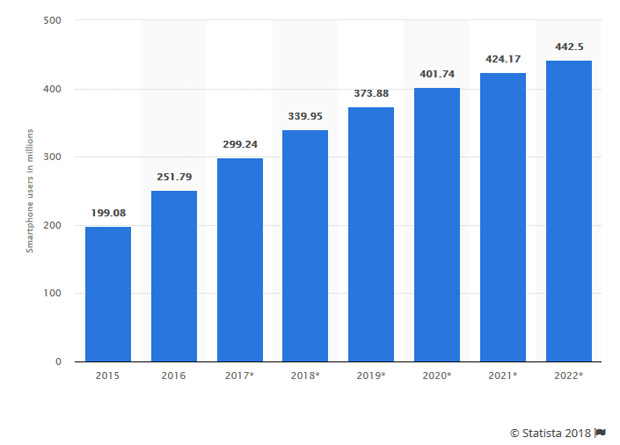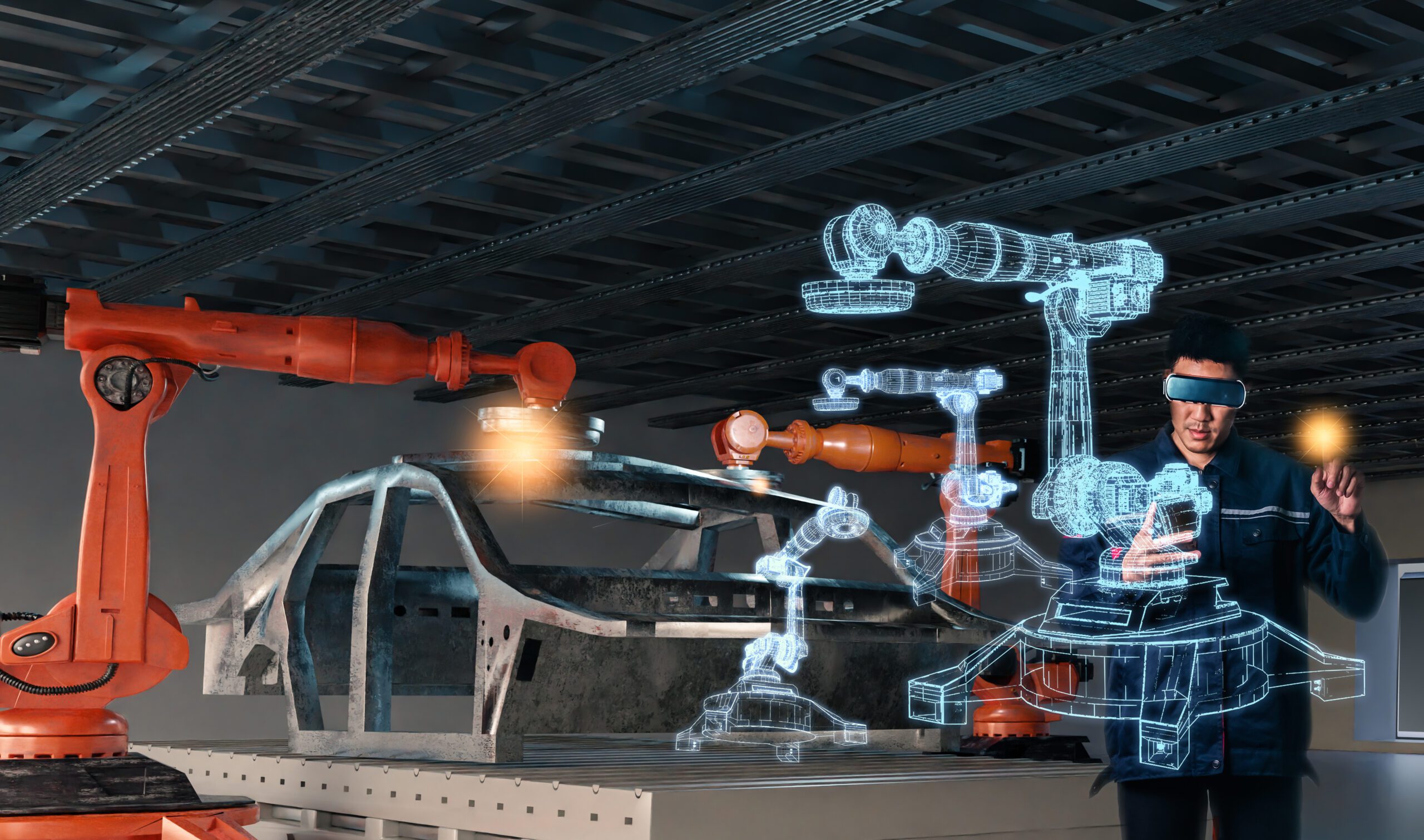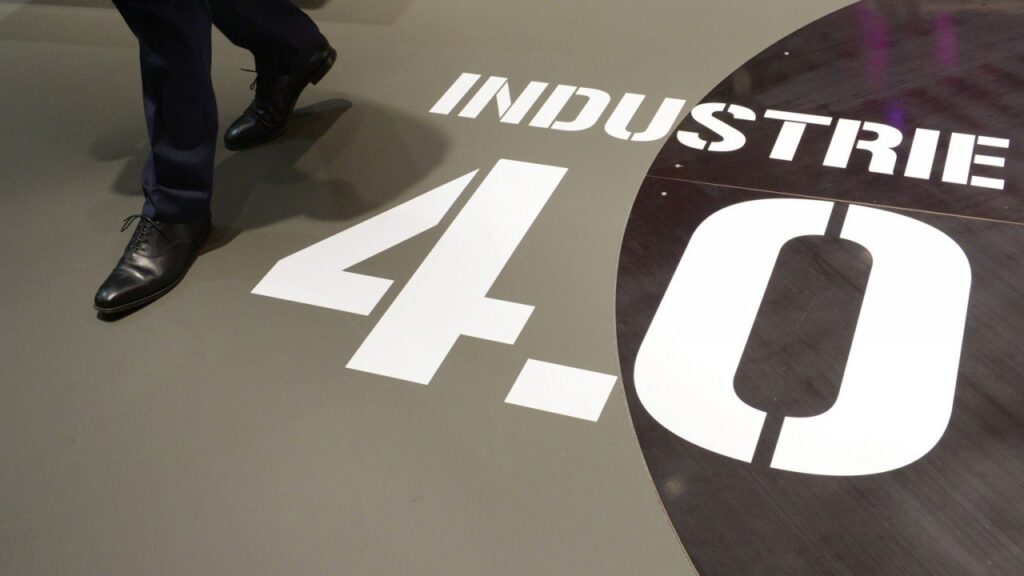Industry 4.0 marks a profound transformation of manufacturing methods, and India is no exception to this technological revolution. At the heart of this metamorphosis lies smart manufacturing, which utilizes advanced technologies such as artificial intelligence, the Internet of Things (IoT), and data analytics to create an agile and efficient production environment. The Redshift platform by Autodesk plays a key role in this evolution, providing tailored solutions to support Indian industry in their quest for innovation.
By integrating high-performance digital tools and optimizing design and production processes, Indian companies are now able to streamline their operations while meeting the demands of the modern market. The adoption of these technologies is not limited to merely increasing productivity; it also allows for better product customization, enhanced customer interaction, and a significant reduction in costs.
It is essential to understand how this dynamic shapes the industrial landscape of the country and paves the way for a new era where collaboration between humans and machines becomes the norm, thus fostering a future where innovation knows no boundaries.

Table des matières
ToggleIndustry 4.0 and the Rise of Smart Manufacturing in India
Industry 4.0 represents a radical transformation in the global industrial landscape, and India is asserting itself as a major player in this evolution. Defined as the convergence of digital technologies in manufacturing, Industry 4.0 offers innovative solutions that replace traditional production methods with interconnected, automated, and intelligent systems.
In India, the rise of smart manufacturing is supported by a favorable governmental framework and a growing interest in adopting advanced technologies. According to a recent study, the Industry 4.0 market in India is expected to reach $25 billion by 2025, with predicted adoption of the Internet of Things (IoT) reaching 80% in manufacturing enterprises.
Key Technologies of Industry 4.0 in India
Several fundamental technologies are driving Industry 4.0 in India. Among them, artificial intelligence, IoT, and advanced automation stand out. These tools facilitate seamless integration of processes, from quality control to logistics. For example, companies like Mahindra have already adopted AI systems to optimize their supply chain, resulting in an average cost reduction of 15%.
Another key factor is the development of smart factories. For instance, the Siemens Factory in Pune illustrates how the implementation of sensors and real-time data analytics improves productivity and reduces waste. By integrating a multitude of data from machines, this factory optimizes its operations by reacting swiftly to production needs, demonstrating the effectiveness of Industry 4.0.
Case Studies and Future Perspectives
Furthermore, concrete case studies show how Industry 4.0 is actually transforming the Indian industrial landscape. For instance, Orca Semiconductor has developed analog solutions for Industry 4.0, specifically targeting smart factories. By integrating advanced technologies, the company has been able to enhance production efficiency while supporting a sustainability strategy.
Another promising initiative is the Make in India program, which encourages the adoption of advanced manufacturing technologies. By focusing on innovation and the integration of modern infrastructures, the program aims to make India a global manufacturing hub. Additionally, collaborations between private companies and academic institutions are evolving toward research and development programs to support this transformation.
For Indian companies looking to leverage the Industry 4.0 revolution, it is recommended to invest in adaptive technologies and train employees to become proficient in using these new solutions. Moreover, a collaborative strategy with other technology companies can foster open innovation and accelerate the integration of new technologies.
In summary, the rise of Industry 4.0 and smart manufacturing in India illustrates a rapidly changing industrial landscape, with unprecedented opportunities for businesses and the workforce of tomorrow.

Frequently Asked Questions about Industry 4.0 and Smart Manufacturing in India
What is Industry 4.0? Industry 4.0 refers to the latest industrial revolution that integrates advanced technologies, such as artificial intelligence, the Internet of Things (IoT), and robotics, to transform manufacturing processes.
How is India adapting to Industry 4.0? India is adopting Industry 4.0 by modernizing its factories and integrating digital solutions to improve efficiency and productivity in manufacturing processes.
What are the benefits of smart manufacturing? Smart manufacturing allows for cost reductions, improved product quality, and faster time-to-market through automation and real-time data analytics.
What is the importance of robotics in Industry 4.0? Robotics plays a key role by automating repetitive tasks, freeing up time for workers to focus on higher-value tasks.
How does AI contribute to the transformation of industry? Artificial intelligence analyzes large volumes of data to optimize operations, predict failures, and improve decision-making within production lines.
What are the challenges of implementing Industry 4.0 in India? Challenges include a lack of digital skills, the necessary investments in advanced technologies, and the need to transform corporate culture.
What are the future prospects for Industry 4.0 in India? Prospects are promising, with an increasing commitment from companies to embrace digital transformation to remain competitive in the global market.





